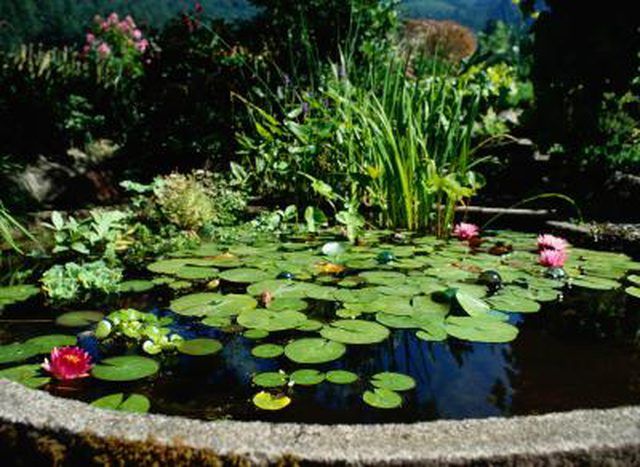Bulbs
Flower Basics
Flower Beds & Specialty Gardens
Flower Garden
Garden Furniture
Garden Gnomes
Garden Seeds
Garden Sheds
Garden Statues
Garden Tools & Supplies
Gardening Basics
Green & Organic
Groundcovers & Vines
Growing Annuals
Growing Basil
Growing Beans
Growing Berries
Growing Blueberries
Growing Cactus
Growing Corn
Growing Cotton
Growing Edibles
Growing Flowers
Growing Garlic
Growing Grapes
Growing Grass
Growing Herbs
Growing Jasmine
Growing Mint
Growing Mushrooms
Orchids
Growing Peanuts
Growing Perennials
Growing Plants
Growing Rosemary
Growing Roses
Growing Strawberries
Growing Sunflowers
Growing Thyme
Growing Tomatoes
Growing Tulips
Growing Vegetables
Herb Basics
Herb Garden
Indoor Growing
Landscaping Basics
Landscaping Patios
Landscaping Plants
Landscaping Shrubs
Landscaping Trees
Landscaping Walks & Pathways
Lawn Basics
Lawn Maintenance
Lawn Mowers
Lawn Ornaments
Lawn Planting
Lawn Tools
Outdoor Growing
Overall Landscape Planning
Pests, Weeds & Problems
Plant Basics
Rock Garden
Rose Garden
Shrubs
Soil
Specialty Gardens
Trees
Vegetable Garden
Yard Maintenance
What Is the Importance of Algae in a Pond?
What Is the Importance of Algae in a Pond?. Algae are found in ponds of all sizes all over the world. An overabundance of algae can disrupt a pond's balance, but an appropriate amount plays an important role in a pond's ecosystem.

Algae are found in ponds of all sizes all over the world. An overabundance of algae can disrupt a pond's balance, but an appropriate amount plays an important role in a pond's ecosystem.
Food
Algae act as food for some pond fish and for microorganisms that fish and other animals consume. It plays an important role in a pond's food chain.
Absorption
Algae absorb nutrients like nitrates, ammonia and phosphorus. Too much of these elements in pond water can be detrimental to plants and animals and the overall health of the pond.
Shade
Algae provide shade for underwater plants and animals that need it, especially during the hottest parts of the day and year.
Oxygen Production and Use
Algae produce oxygen during the daytime, which in turn provides oxygen for fish and other underwater organisms, microorganisms and plants. On the flip side, algae uses oxygen at night, and too much algae can deplete the water's oxygen.
Shelter
Hair algae provides shelter for fish to spawn and lay their eggs.